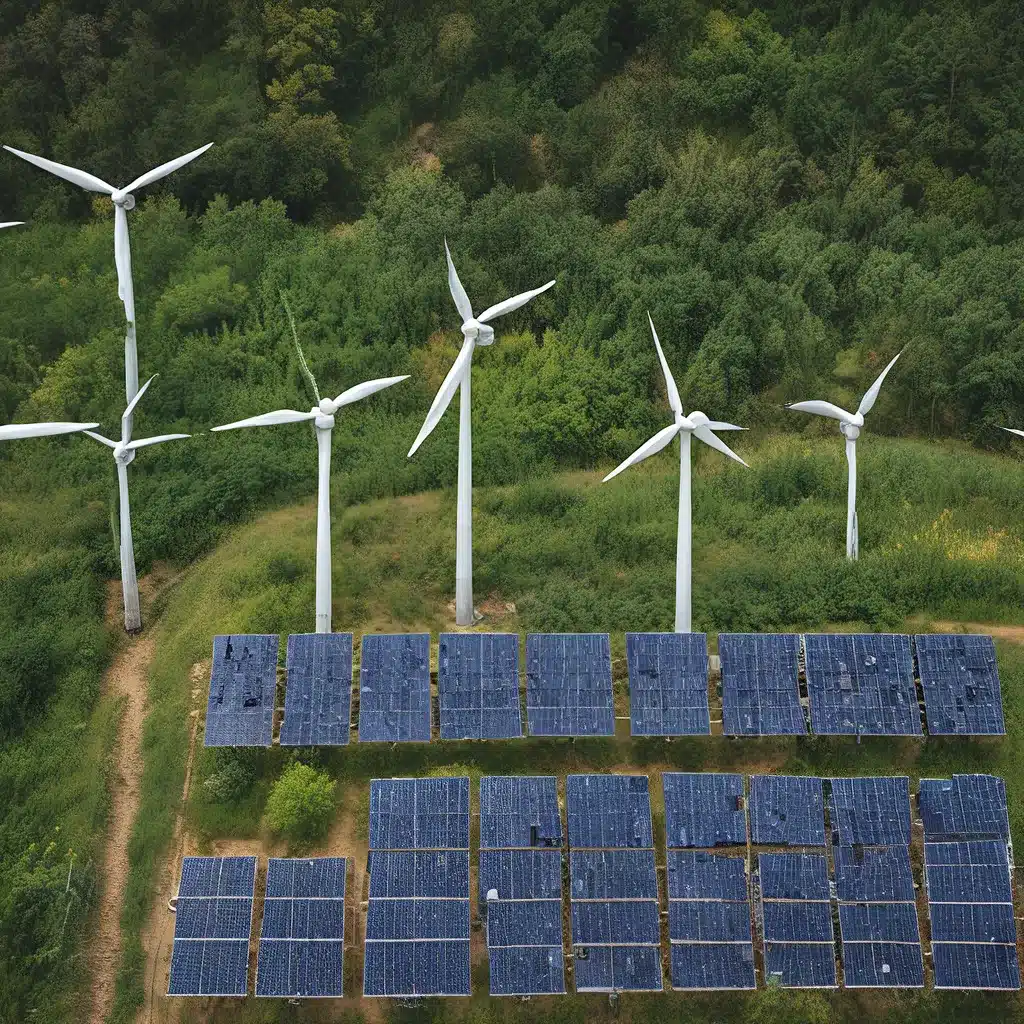
As a lifelong advocate for renewable energy and sustainability, I’ve been both encouraged and perplexed by the growing influence of social media “influencers” in this space. On one hand, I’m thrilled to see more people talking about these vital issues and trying to inspire change. But on the other, I can’t help but wonder if the nature of influencer culture is at odds with truly living and promoting a sustainable lifestyle.
It’s no secret that the sustainability conversation has exploded in recent years. Suddenly, everyone wants to be associated with the “green” movement – from fashion brands to celebrities to your average social media user. And that’s a good thing, right? After all, the more people talking about and taking action on these issues, the better.
But here’s the rub: many of these so-called “sustainability influencers” are simultaneously promoting fast fashion, daily consumerism, and other unsustainable practices through their carefully curated Instagram grids. They’re profiting off the popularity of sustainability while doing little to actually change their own behaviors or challenge the systems that are harming our planet.
As someone who has been in the trenches of the environmental justice movement for years, this really rubs me the wrong way. I’ve seen firsthand the sacrifice and dedication required to truly live and breathe sustainability, often at great personal and financial cost. And now, it feels like these hard-earned voices are being drowned out by a wave of influencers who are more interested in growing their follower count than enacting real change.
Don’t get me wrong – I understand the need to make a living, and I certainly don’t fault anyone for trying to capitalize on the sustainability zeitgeist. After all, getting paid is a part of survival, and we all have bills to pay. But there’s a difference between opportunistically jumping on the bandwagon and using your platform to genuinely uplift the voices and experiences of those who have been doing this work for years, often with little recognition or reward.
This is where the concept of bayanihan – a Filipino term meaning “community cooperation” – becomes so important. As members of the global diaspora, we have a unique responsibility to amplify the stories and perspectives of our kababayan (countrymen) back home, especially when it comes to issues like the climate crisis that disproportionately impact the Global South.
Mitzi Jonelle Tan, a young climate activist from the Philippines, puts it beautifully: “As diaspora living in the Global North, we have a responsibility to our kababayan living in the Philippines to share their stories as well as ours with the world.” She explains how the Philippine government’s crackdown on climate activists and the frequent “red-tagging” (labeling them as terrorists) makes it even more critical for those of us with a platform to elevate these voices.
But it’s not just about the Philippines – the climate crisis is a global issue that affects us all, regardless of where we come from. And as members of the sustainability movement, we have a moral obligation to ensure that the voices leading this charge are representative of the diverse communities and perspectives that are impacted.
This is where the role of influencers becomes particularly important. If used responsibly, their platforms can be powerful tools for amplifying the stories and experiences of those on the frontlines of the fight for environmental justice. But it requires a fundamental shift in mindset – away from the endless cycle of consumerism and self-promotion, and towards a more holistic, community-centered approach to activism and advocacy.
One of my favorite ways to support environmental justice is by following and uplifting the work of grassroots organizations and local leaders, particularly in the Global South. These are the people who are intimately connected to the land, the resources, and the communities that are bearing the brunt of the climate crisis. And by sharing their stories, we can build bridges of understanding and inspire others to join the fight.
Of course, this is easier said than done. Navigating the world of social media and influencer marketing can be a minefield, with constant pressure to grow your audience and secure lucrative sponsorships. But I firmly believe that those of us with a platform have a responsibility to use it responsibly and in service of the greater good.
That might mean turning down opportunities that don’t align with our values, or being transparent about the challenges and limitations of our own sustainability efforts. It might mean amplifying the voices of others instead of constantly promoting our own brand. And it might mean taking a step back from the endless cycle of content creation and consumption to focus on meaningful, collaborative action.
Because at the end of the day, the sustainability movement isn’t about individual accolades or follower counts – it’s about coming together as a community to protect our planet and our future. And if we can harness the power of social media influencers to elevate the stories and experiences of those who have been doing this work all along, then I believe we have a real chance of creating the systemic change we so desperately need.
So let’s put down our phones, roll up our sleeves, and get to work. The future of our planet depends on it.

